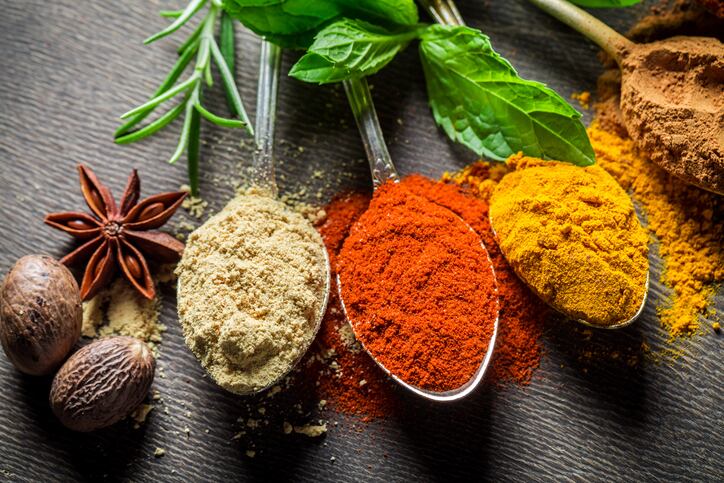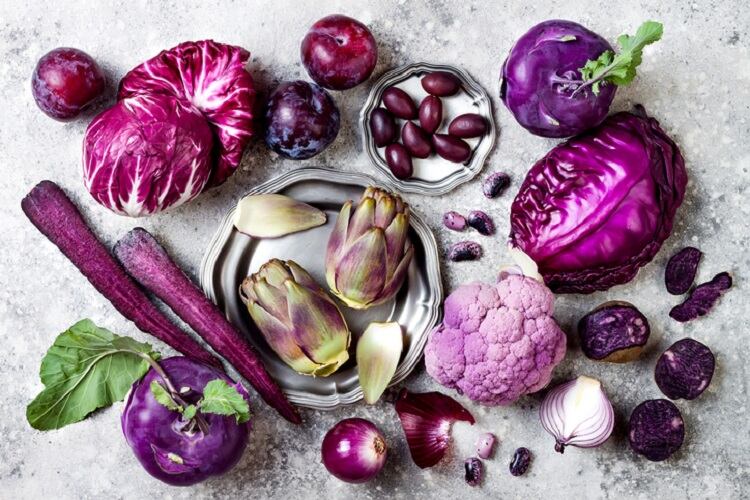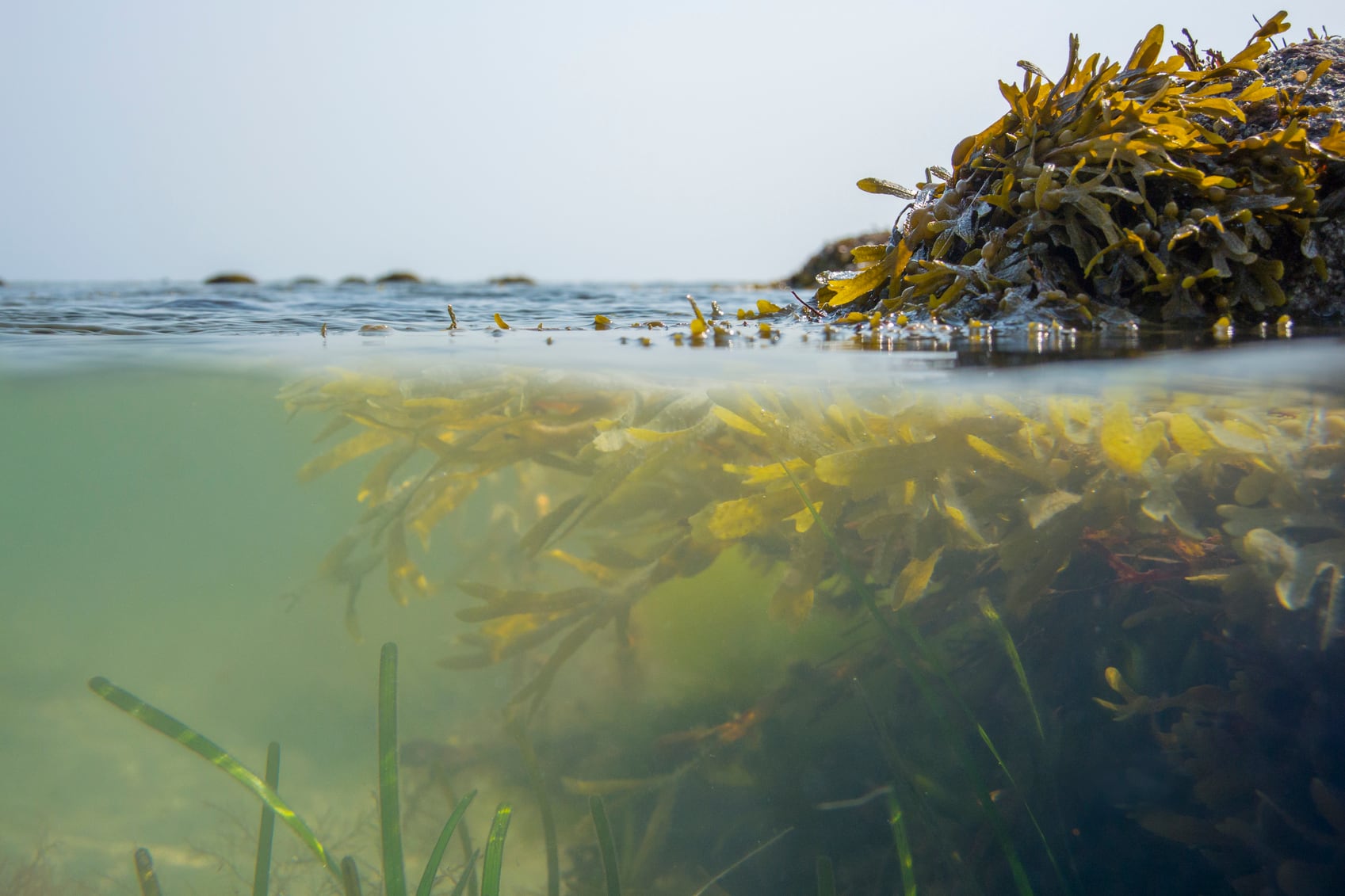Plant Lipids UK – the British arm of Indian exporter Plant Lipids – produces and supplies spice extracts, essential oils, flavours and natural food colours to food and drink industry.
According to commercial director Paul Farrow, a number of trends have presented themselves in recent years, including in the firm’s range of natural colours.
Plant Lipids UK supplies orange red, yellow, orange, green, carmine and pink to firms “right across the whole of the food industry,” he told FoodNavigator. “Be it in confectionary, dairy, cakes, seasonings, rubs, meat and fish, and beverages – both in alcohol and soft drinks.”
“The biggest [trend] we’re seeing at the moment is sustainability, as well as vegan and vegetarian status – which are of our products are,” said Farrow.
The company also boasts halal and kosher status, and sells a number of products under organic certification.
Ahead of The Ingredients Show next month in Birmingham, where Plant Lipids UK will be showcasing its range of oleoresins, essential oils and natural colours, we caught up with Farrow to find out what else is trending in the ingredients space.
Beyond clean label
Similarly to other ingredient sectors, the colours industry has well and truly been impacted by growing demand for clean label offerings.
According to Farrow, this trend is well-established, and has been for a while.
“The boat really sailed for colours a few years ago. Everyone used to use synthetic colours, now everyone has moved across to predominantly natural colours,” he told us. “I’d say 90% of the industry uses natural colours.”
Producing natural colours is not without its challenges. Chemical-free hues can prove less resilient to light and heat as their synthetic alternatives.
“[However] a lot of work has been done by all companies across the sectors, for a good 10-15 years, to make sure that the quality of natural colours are far superior than they were when they originally launched,” said Farrow.
Beyond the clean label offerings Plant Lipids UK provides – which sit within the EU’s clean label guidelines – the company has observed a growing trend in B2B clients asking for ‘as clean label as possible’.
“Some people are asking for significantly higher specifications [than EU regulation],” he explained.
To meet this demand, the firm has invested in CO2 extraction technology.
“People are asking for 100% natural products [with 0% trace of solvents]. So C02 extract essential oils – which uses an extraction processes that uses carbon dioxide and not solvents – is of interest to certain flavour and food manufacturing companies,” said Farrow.
The process is “very expensive”, however, and will only appeal to companies prepared to pay more for this technology.
“Typically, a CO2 extracted oil will be three to four times the cost of a standard extraction process,” he added.
Traceability: ‘Industry sees that as an absolute precursor’
Traceability across the food supply chain, whereby manufacturers can trace an ingredient back to the field in which it was grown, is also ‘trending’ in the flavour and colour sector.
“It is absolutely critical now for most manufacturers to be able to show full traceability, from where the product is grown, right through the supply chains to the finished product. [It means] they can confirm and show complete visibility, and industry sees that as an absolute precursor,” he added.
For Plant Lipids UK, this means tracing its more than 4,500-strong product line back to India, where the company sources plant extracts from its own fields and factories, as well as from the open market.
“It’s not even a discussion point anymore. If you don’t have it, invariably you won’t supply.”
From a food quality perspective, full traceability also helps ensure the product is unadulterated, which Farrow cited as "one of the critical factors...in colours."





